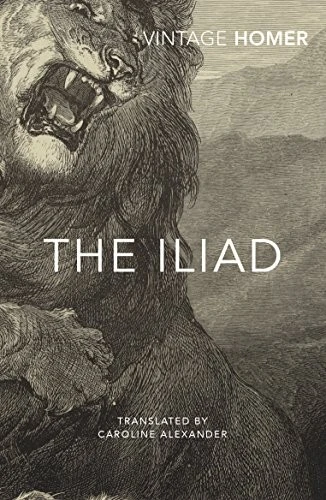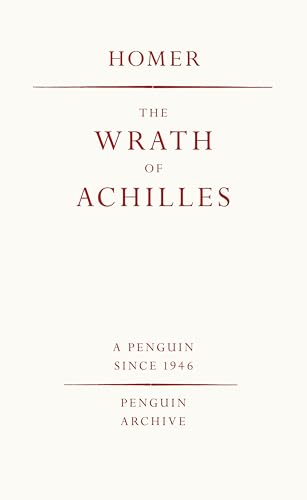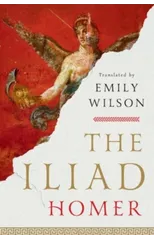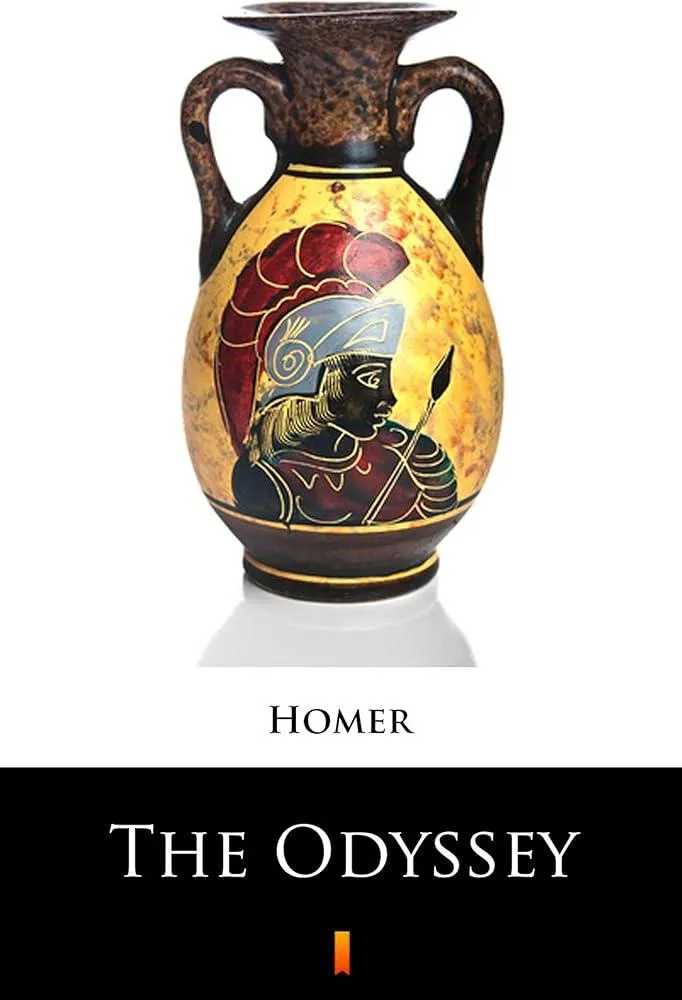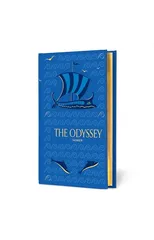High on Olympus, Zeus and the assembled deities look down on the world of men, to the city of Troy where a bitter and bloody war has dragged into its tenth year, and a quarrel rages between a legendary warrior and his commander. Greek ships decay, men languish, exhausted, and behind the walls of Troy a desperate people await the next turn of fate. This is the Iliad: an ancient story of enduring power; magnetic characters defined by stirring and momentous speeches; a panorama of human lives locked in a heroic struggle beneath a mischievous or indifferent heaven. Above all, this is a tale of the devastation, waste and pity of war. Caroline Alexander's virtuoso translation captures the rhythms and energy of Homer's original Greek while making the text as accessible as possible to a modern reader, accompanied by extensive extra material to provide a background to the poem. The result of three thousand years of story-telling, Homer's epic tale of the fall of Troy has resonated with every age and every human conflict: this is the Iliad at its most electrifying and vital.
Homer
Homer is an ancient Greek poet believed to have lived in the 8th century BC. His most notable works include the epic poems "The Iliad" and "The Odyssey," which are considered masterpieces of Western literature. Homer's writing style is known for its vivid imagery, epic themes, and complex characters. His contributions to literature include establishing the epic genre and influencing countless writers and poets throughout history. "The Odyssey" is Homer's most famous work, telling the story of Odysseus' journey home after the Trojan War. Homer's impact on literature is immeasurable, with his works continuing to be studied and admired for their timeless themes and storytelling prowess.
